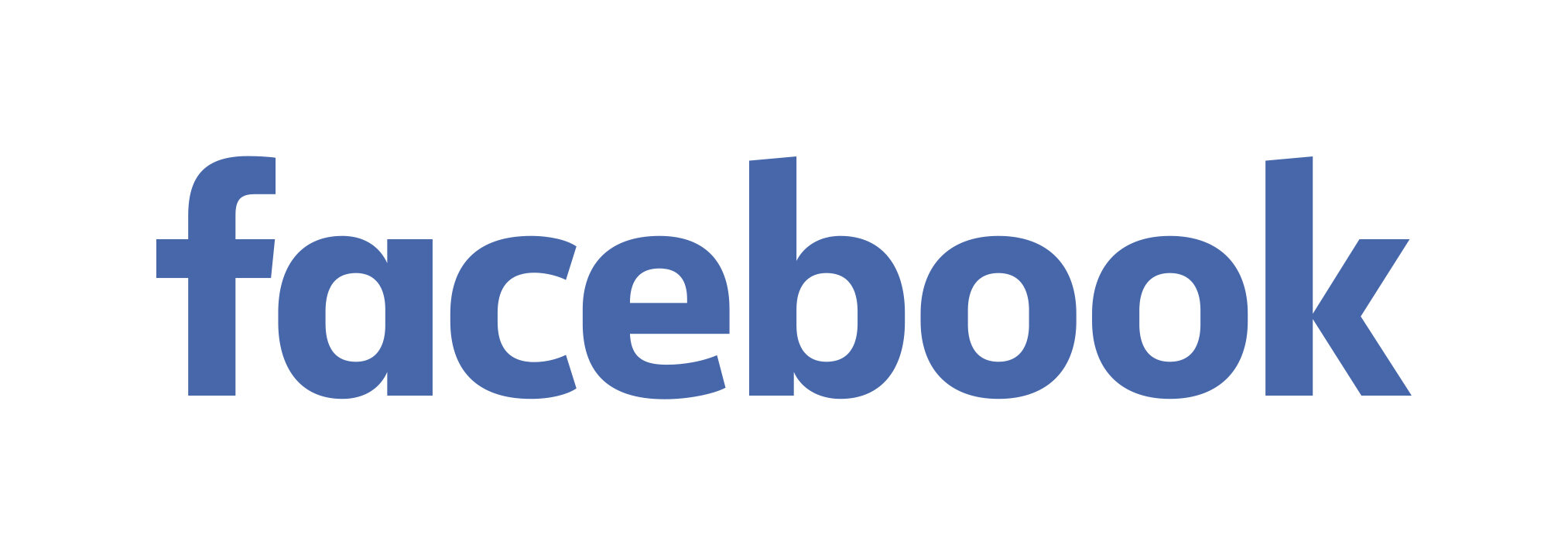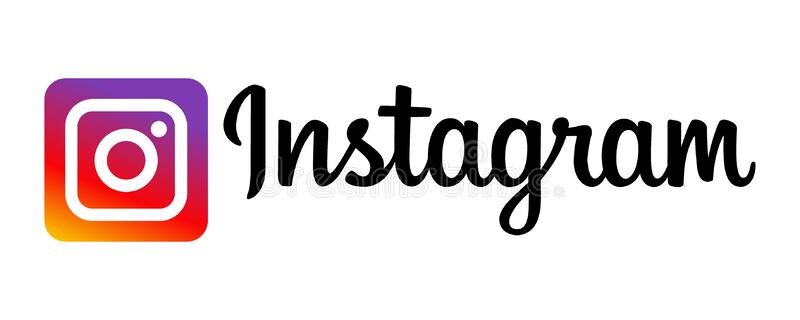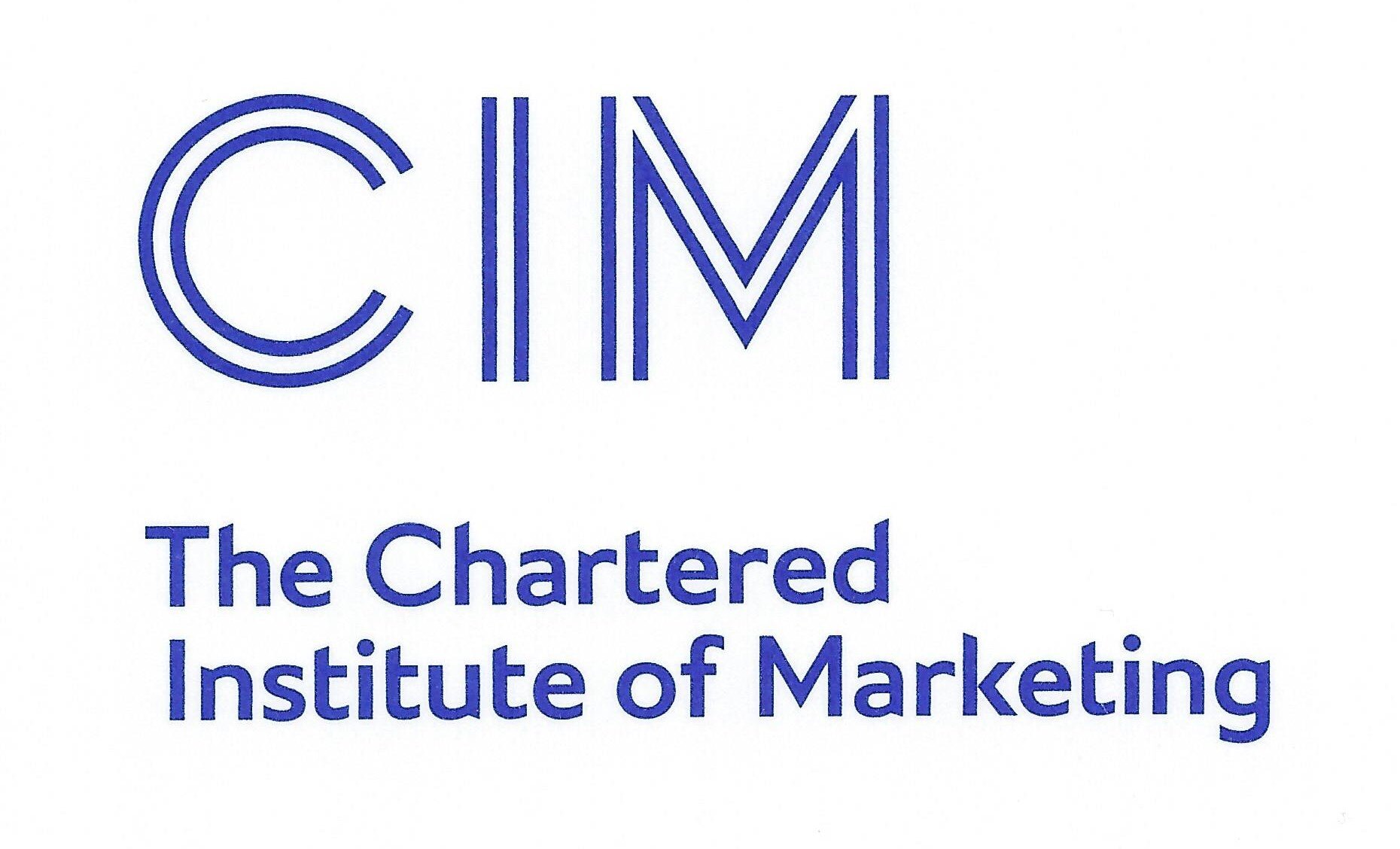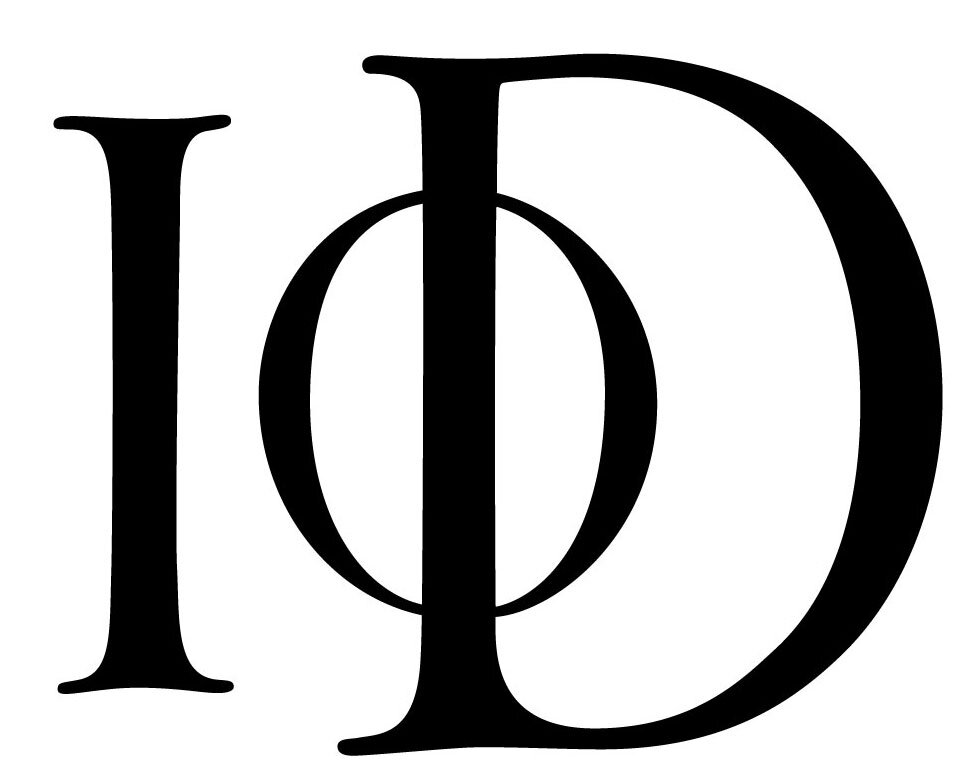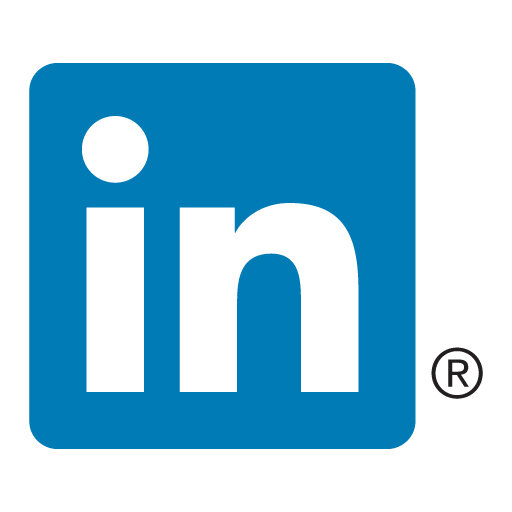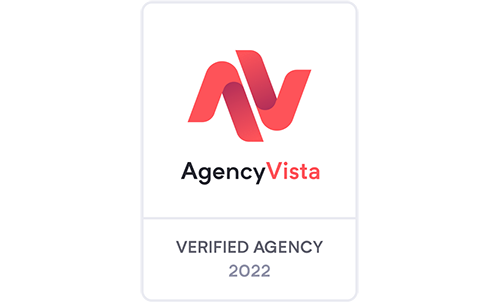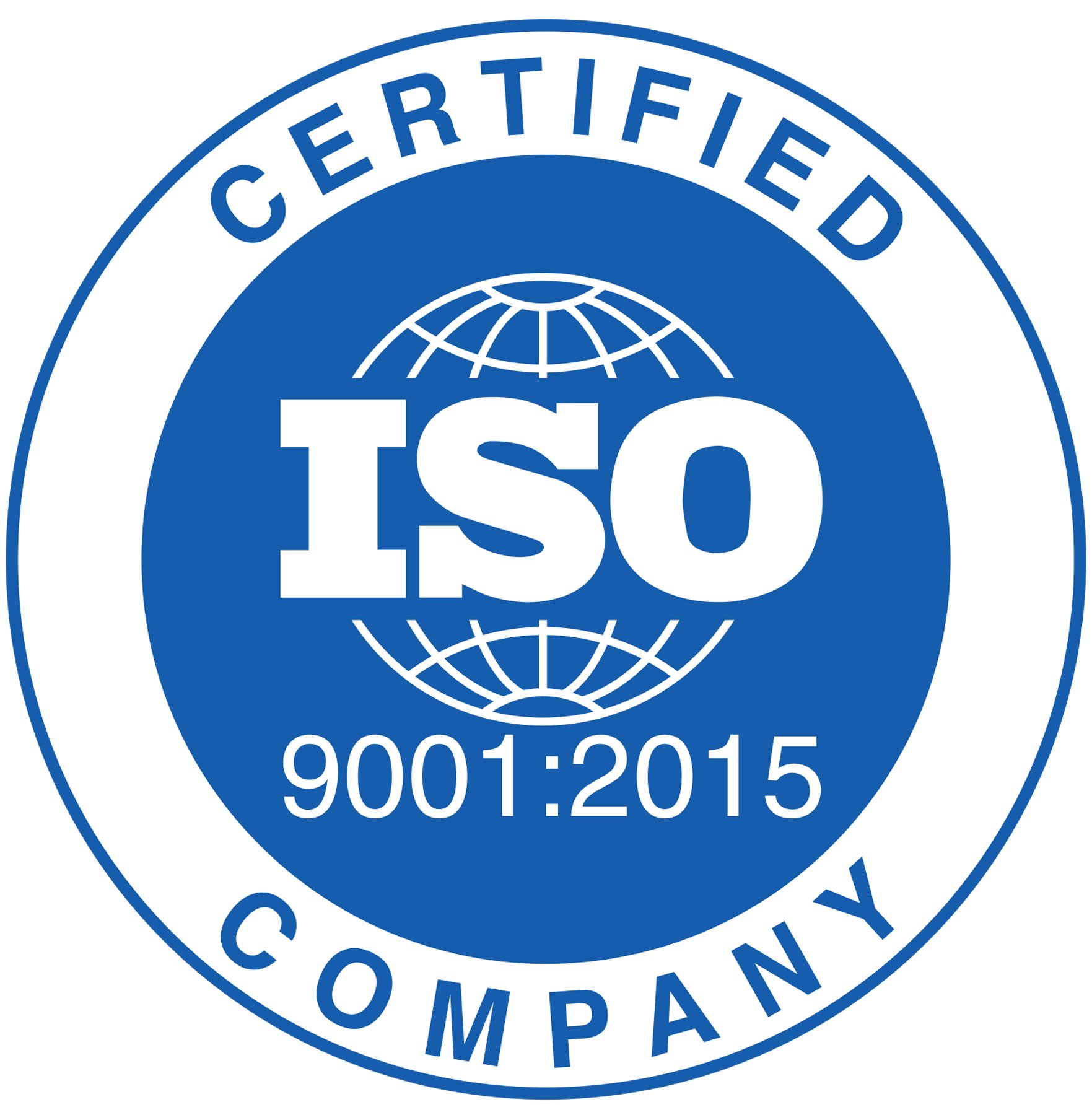Hello everyone! Welcome to The Marketing Innovation Podcast Show!
On this episode we have invited Taylor Ryan, Senior Entrepreneur, Lector for Copenhagen Business School, Owner of Klint Marketing Agency in Copenhagen, and also the Founder of ArchitectureQuote. The subjects for today are the changes that happen in these unstable days, Marketing Tactics and Strategies, but also challenges and opportunities that showed for him launching the ArchitectureQuote platform.
If you want to listen to this episode instead of reading about it, choose your favorite platform:
You can also watch the episode on YouTube:
LET’S DIVE INTO THIS EPISODE!
Andrei: How have you been up lately, Taylor, how's life?
Taylor: Yeah, I've been crazy busy! I see the same signs as in 2008 and the same things are happening again. There's a couple of key projects that I've been pushing heavily on. If you had a time machine and you would go back in time, people would not be positive, but very critical and realistic and they would say something like: "Don't waste time on that, please start using this, find a way to automate!". As you said, I started this platform to really make use of the tough economy.
Andrei: You mentioned this proposal coming in from your clients and then people kind of pushing the brakes. We saw something similar to that both in Uk and Romania. Obviously, there were some people that got something like a wake up call: ”Oh, wait! Everything is going digital and we are not ready for it!” So Web Development was something where we could step in but also, people that were not very sure about how this period goes. What's your feeling about the market that you've been active in? What do you think worked better now for different companies? Did you change anything in the way you were doing things before?
Taylor: When I give advice to people asking: "Should I hold all things related to driving sales because nobody's buying?", my answers are NO! And I don't do that internally either. I am not saying that because I want their money, but seeing what happened back in 2008, there are numbers we are talking about, which is fascinating. So, the number of companies that decided to completely stop the budgets, they took years to catch up with everything. Of course, there are some areas where that option makes sense, but what that essentially means is that you are currently catching the vapors of the stuff that you did 3 - 6 months ago. So if you turn the volume way down, getting back up to normal is getting much more difficult. it comes down to position. What are the things that make you money? If it doesn't make you happy and it doesn't make you money, stop doing it! That's the way we have to look at our business. So if you are genuinely believing that not doing outbound is a good idea and then you come back in 6 months or a year when things start to progress and things are just gonna pick right up? No! It's like you are starting all over again, everything. I have a graphic about a group of people that maintained their budget in 2008, but also about some that zeroed or completely cut their marketing budget. So it took people almost 4-5 years to catch back up to where they were originally.
No, it's not the time to stop spending!
Andrei: And in terms of the channels, let's say if somebody is a part of a medium business and they had to cut the budget. Not 0, but certainly volume down. They have to decide where to invest that money the best until they get the approval from the CEO to get back to normal. In this situation, what do you think it's best to invest in?
Taylor: I've found some interesting studies about this topic and one that caught my attention. In marketing, you need to jump up in front of your competitors, even when there are less people buying. Because the margins that you make out of those, they keep you in business. So if you were a restaurant, it means that you are making delivery now, or looking into the catering business, or looking into a more localized place. But it basically means product development. New product... it depends on the business and sometimes you don't really have the ability to do that, but that means: what are the things that we and additionally give to our customers to make them happy or to at least the perception that they are getting more for the same amount. But ultimately, keep these customers as super loyal, advocates for your brand. When it comes to pricing, I didn't lower my price. Are you lowering your pricing?
Andrei: No, we haven't. But it depends because the industry generally started to make some discounts which impact the quality. We have a very competitive price already and off that price, we actually do the work. The people that lower the price, are probably the people that also impact on the quality of the work that they do. And I would always advise people: don't come to us if you don't want to spend the money but also be aware that the outcome is going to be different. I'd say: if it's something that is only helping them and you at the same time and it's only for a very limited amount of time, if you decrease the price, it doesn't mean that it decreases the resource allocated to it. So if it's something like technology, you can give them a free license for something if it's your technology or if you have a free license for the first month or two until they get ROI going. That's a really good approach.
Taylor: A friend of mine has a theory: Everything in terms of software, eventually goes to 0. So when you first looked at hosting services, they were crazy expensive, now they are virtually free. Whether it's an app or a CRM system, all of it it's going to be free, because it's a digital good. Of course, there's an initial investment.
There was a time when flying was super noble and everybody had to dress up very fancy. Now you could get a flight even for $25. Everything, eventually, becomes marginalized to price. And I have a feeling that only if you consistently offer a new and creative way of proving more and more value you are present in the market. Keep building!
Andrei: That's for technology specifically, right?
Taylor: Yeah, for sure!
Andrei: You mentioned the slide with the study from Deloitte. Shall we have a look at that?
Taylor: To just explain a bit the things that you should spend less money on and more money on. So if you have somebody that basically is an office assistant and it's not having an important role rather than making things a little bit nicer around the house, get rid of it! If your fixed assets such as a rented van for your business or you have two separate offices that you are not actually using, now it's the time to give up on them.
In terms of the context from 2008, the airlines that won are the ones that consolidated. The unbolded services in order to show more value. There were sentences like "We are the airline that allows your bags to fly free". That made people think about that airline that is really good! The biggest winners are Delta and South West because they bought a tone of planes when everybody was trying to get rid of them. The last one that I find really relevant for every business was data integrations. So better tracking, better automation, better customer success solution, hyper-targeting, sequence emails based on previous purchase. That's the stuff that really, really, works!
Andrei: Question here: If you were to think about the channels and where somebody should be looking at spending more. What do you think it's especially important nowadays? Do you have an opinion on channels that would be interesting for people to invest more?
Taylor: I'll start with what I am playing right now.
This is a click farm in China and the devices that are stacked up against the walls are basically remote devices. They are being controlled by a few different apps that allow for automation. So, basically, it inherently chooses all the social media data. They want to see if they can get a big amount of engagement on Facebook, LinkedIn, etc. Then, you would use a click form like this. I did a lot of presentations where I explained: most of the metrics that we are getting in social media are vanity metrics. The only things that you should really be caring about are conversions that lead to basically sales, revenue. The total amount of traffic that you get from LinkedIn it's only 5%. And in that 5% you only convert about 1%. That means That, if I were to put the same amount of effort to a platform that only gives me 1% of my total conversion, then I would probably say: I need to put less time on social media and more time on organic traffic and things that actually scale. Unfortunately, the different social media platforms are not scalable. So if you look at your favourite brands, even if they are B2B or B2C, for the most part, the engagement is so low, it's not even worth posting. It's important to stay in the conversation somewhere about once a week, but by no means are we supposed to be hoping that we are gonna scale organically across LinkedIn, Facebook and even Instagram.
Andrei: From our point of view, in terms of Social Media, I totally agree with the fact that the organic reach is very low, and also this is the reason why we tell people not to count on it for lead generation. Rather what we think about Organic Social Media is: people are looking for you after they visited your website on one of the social platforms, depending on the needs. So, when they go on social media and see the platforms, they need to see a nice brand profile. They need to see a brand that is active, that is professional in the way that they communicate and has, as much as possible, a community that's engaged with them. But still, where we think organic social media still is relevant, but it obviously is not the only channel to count on for acquisition is in terms of the branding and community engagement.
Taylor: I agree with that and I think it's a valid point. Of course I think that I wouldn't decide to invest into a business that has zero social media advertising, zero posts, very few likes, only one employee on LinkedIn and a few comments here and there. There's a lot of different ways that I can see social media and increasing reach. It's obviously a very different play for B2C products. I still think that it's relevant within Instagram, TikTok, etc. It's like shooting one time but you are getting but you are getting 20-30 pieces of content out of it. I think the platform it's evolving so fast because the reality is: companies are throwing money at the influencers or on whatever it's hot right now. What happens is that it's a mature platform and there's people putting out insightful videos and things that's educational. Those are the players that are gonna get these big sponsorships. Pinterest it's the other channel that has the highest number of people that consume content and regularly engage with it, versus the amount of people posting it. On Instagram, everybody posts everyday, but on TikTok, there's only a handful of people that are constantly putting out stuff, same as Pinterest.
Andrei: We, as a Digital Marketing Agency , are planning to launch a TikTok channel sometime this year and play along with it a lot! And it would be very interesting to see how brands could benefit from it best.
Taylor: How do you envision doing TikTok content for a client?
Andrei: I think in the first stage would be more about consulting them to create TikTok content, basically. Because all the conversations were: "We want to use this, how should we do it?" But for sure, you have to have some sort of strategy around it and we are trying to contour ours now. But when it comes to the content for our agency, I believe that the podcast would be a really great piece of content and moments from conferences and these sort of educational videos.
Taylor: When you look back on historical though times in economics, the Spanish flu that hit during 1918-1920 and one of the most interesting things is that - the three businesses that flourished during that time is basically entertainment equals escapism. Theaters exploded with lots of open air shows. And then, the printing press: people consumed so much content, because they wanted to escape. In 2008, the effect was towards superhero movies and it's when Marvel Universes blew up after 2008, because people wanted to see their favourite characters and comic books. I think one of the most interesting buy products that will probably come from this is AR, VR.
Andrei: Yes, yes! I totally agree with you! And I think this is a good point of transition to the other subject of your nearly launched venture. How is that going?
Taylor: It's surprisingly good! I kind of saw what was going on in terms of the existing scaling of this crazy fair market that we had. I was wondering if there is an industry that is doing really well during good times but crashes hard during hard times, what would it be? One of the easiest industries that I looked at was architecture engineering and construction. I used to work for a construction management project tool and I started making a bunch of friends that were architects and it became very obvious to me that not only digitalization was lost within architecture, but these people have no way of dealing with workflow. If we were to go in and present the way we'd do marketing for an architecture firm, they'd have no idea what we are talking about. The reality is that you can't sell something to somebody when they don't understand what it is. Nobody talks about any matrices, there is no deal flow, optimisation tools and automation and the reality is that there are a lot of old school people that kind of hold the keys for everything. And from that moment, I was thinking: What if I put everything in one platform that you would ever need?
The service it's free and I think that if you give away enough value, you build up a community essentially overnight. And I wanna take all the potential users that would actually buy my product and give them everything for free. Everything goes to zero approach and my next goal is to then offer something that they couldn't get anywhere also at a higher price plan. So that would be proposal optimization and innovation.
I am really passionate about this stuff and I think the world is hitting that reshuffling button and that's where the craziest things pop-out. Unfortunate circumstances are kind of new blossoming beginnings. I'd love to see your opinion on where you see some of the bigger wind coming out of these darker times.
Andrei: Yes, so in terms of the markets, technology it's gonna be at the point of innovation. In terms of technology, I think entertainment and VR are going to be reinvented in a way. In terms of the transport and logistics, I don't have a very strong opinion, but I think that the people that were not doing enough of the digital things, will not survive.
So, let's see some action points and to fuse the information for our listeners. If you were to think about the current situation and marketing services in general, what are the main points that the people should take away and make sure to implement it?
Taylor: Finding talent was never easy because people are getting fired and it's incredibly easy to find people that were locked up and impossible to reach before. So, talent! I definitely think applying more matrices, data and automated reporting is the future and if you are not able to draw out conclusions based on numbers, you need to reevaluate your business model.
Andrei: Most of the companies, mainly in Romania, decreased their marketing spendings. For example, on Google. That's the most easy to see result. We got double the impression share and the exposure in that market now for the same amount of money which is crazy.
We hope you enjoyed this podcast episode preview, even as a blog post! Make sure to listen to the full episode:
Watch this episode on YouTube.
Get in touch with Taylor:
Linkedin: https://www.linkedin.com/in/taylorryan/
Klint Agency: https://klintmarketing.com/
ArchitectureQuote: https://architecturequote.com/
